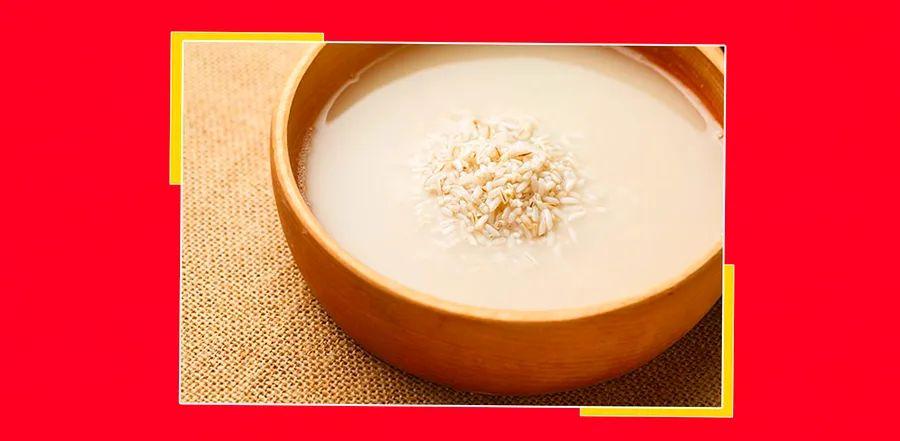My Mom Refers to Leftover Rice Water as 'Liquid Gold'—Here's Why

Rice comes in many varieties and can be prepared in numerous ways, but one thing stays the same: washing it. Rinsing rice is crucial to remove any dust, debris, or even tiny insects left from the milling process. Instead of tossing away the water used to rinse your rice, you should save it to nourish your plants.
As far back as I can remember, my family has always had thriving plants, both indoors and outdoors, thanks to the leftover rice water used to water them. My mom swears by this simple yet powerful method, calling it 'liquid gold' for its rich nutrients that promote plant health.
Why is Rinsing Rice So Important?
Rinsing rice before cooking is essential for more than just cleanliness. It removes impurities, excess starch, and even harmful pesticides, giving your rice a fluffier texture when cooked. To rinse rice properly, soak it in a bowl of water and gently swirl it around with your fingers or a spoon. The water will turn cloudy quickly—once it does, pour it out into another container (to use for plants later) and repeat the process two or three times until the water is only slightly cloudy. It doesn’t need to be perfectly clear, just clearer than before.
Is Rice Water Beneficial for Plants?
Absolutely! The starchy water left over from rinsing rice is packed with nutrients and minerals that can greatly support the health of various plants—both indoor and outdoor varieties.
- Starch: Rice water contains plenty of starch from the rice itself, which plants use to store energy for growth.
- Nutrients: Rinsing rice makes a nutritionally fortified rice water that contains nutrients that are integral for plant growth which include nitrogen, phosphorus, and potassium as well as other beneficial nutrients like iron, calcium, magnesium, sulfur, and a variety of B vitamins.
Which Plants Thrive on Rice Water?
Most indoor and outdoor plants can benefit from the rich minerals and nutrients in rice water, including the plants you grow for food in your garden. We use it to give a boost to houseplants like succulents and ferns, as well as outdoor edible plants like tomatoes, peppers, and okra.
The only exception to using rice water is for plants in aquaponic systems, as it may interfere with or block critical processes in the water cycle.
How Often Should You Use Rice Water to Water Plants?
Consider rice water as a natural, homemade fertilizer. Like any fertilizer, it's most effective when used in moderation to avoid excess starch and mineral buildup. Even though it’s a gentle, organic alternative, it's best to water your plants with rice water about once a month.
Evaluation :
5/5



